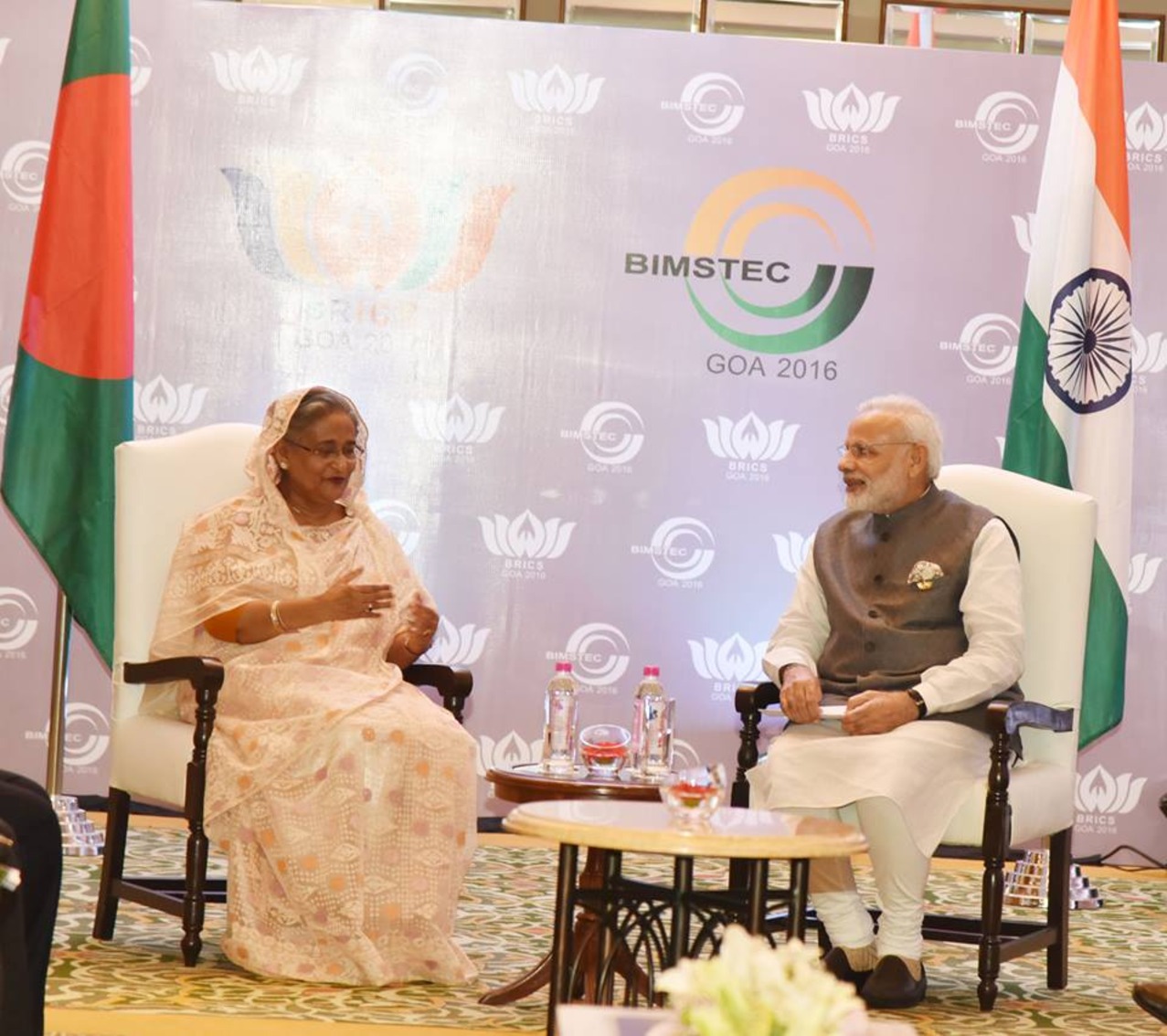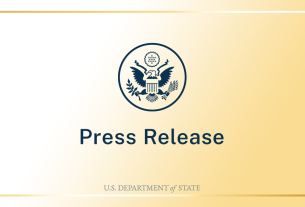Bangladesh has formally requested the extradition of former Prime Minister Sheikh Hasina from India, following her flight into exile in August 2024. This request was communicated to the Indian government through a diplomatic note, known as a “note verbale,” and is part of ongoing legal efforts to bring Hasina back to Bangladesh to face a range of serious charges, including corruption and crimes against humanity.
The request is based on an existing extradition treaty between Bangladesh and India, which governs the transfer of fugitives between the two nations. Under the terms of this treaty, the extradition can proceed only if both governments agree on the legal grounds for Hasina’s return. Bangladesh’s Foreign Affairs Adviser, Touhid Hossain, confirmed the formal request to media outlets, stating that Hasina is needed in Bangladesh to answer allegations related to corruption and mismanagement of state funds.
Hasina, who was removed from office in August 2024 after widespread protests against her government, fled to India on August 5 following violent demonstrations. These protests, which were led mainly by students, were fueled by dissatisfaction over the government’s policies, including a controversial job quota system. The protests escalated, resulting in significant casualties—over 750 deaths and thousands more injured—due to the heavy-handed response from security forces.
Since her departure, Hasina has faced multiple legal challenges, including accusations related to the violent crackdown on protesters, enforced disappearances, and other human rights violations during her time in office. The International Crimes Tribunal (ICT) in Dhaka has issued arrest warrants for Hasina and several of her associates, and the interim government under Prime Minister Muhammad Yunus has moved to seek her extradition for trial.
On the same day the extradition request was sent, Bangladesh’s Anti-Corruption Commission (ACC) announced it would open an investigation into allegations that Hasina and her family misappropriated $5 billion in connection with a Russian-backed nuclear power plant project. The investigation adds another layer to the charges against the former prime minister, highlighting ongoing concerns about corruption during her tenure.
India has confirmed receiving the extradition request, but it has not yet indicated how it will proceed. The Indian government has remained silent on whether it will approve the request, and it is unclear how diplomatic or legal considerations will influence the decision. India’s response to this request will be closely watched, as it could have significant political and diplomatic implications for both countries.
This development is part of broader efforts by the Bangladesh government to address the legacy of Hasina’s administration, which was marked by both economic growth and significant political unrest. While her supporters view her as a champion of Bangladesh’s development, her critics accuse her of authoritarianism and mismanagement, which has left deep divisions in the country’s political landscape.
As Bangladesh and India engage diplomatically over the extradition, the case remains a focal point of political tensions, with both sides preparing for what could become a lengthy legal and diplomatic process. The outcome will likely shape the future of relations between the two neighboring countries and influence the ongoing political struggle within Bangladesh.
Picture from Wikimedia Commons: Provided by the Prime Minister’s Office, Government of India



